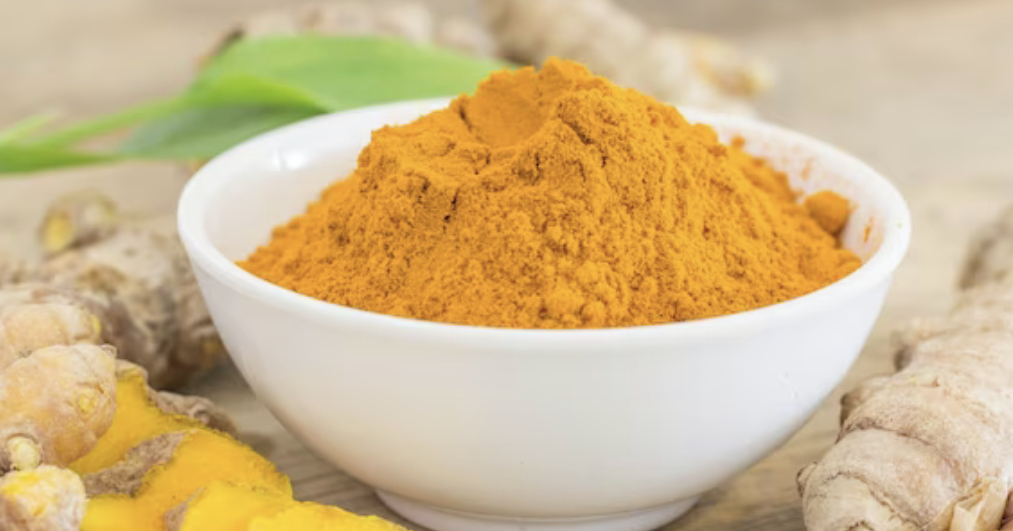Turmeric, a spice derived from the Curcuma longa plant, has been extensively studied for its potential health benefits, particularly its active component, curcumin, which has anti-inflammatory and antioxidant properties. The interest in turmeric as a complementary treatment for arthritis stems from its potential to reduce inflammation, a key factor in arthritis-related pain and stiffness. This report summarizes the current research on the efficacy of turmeric and curcumin in managing arthritis symptoms.
Research Findings
1. Anti-inflammatory Effects: Curcumin, the active ingredient in turmeric, has been shown to have potent anti-inflammatory properties. It works by inhibiting certain molecules and pathways in the body that lead to inflammation, which is a primary cause of pain and swelling in arthritis.
2. Clinical Trials on Osteoarthritis (OA) and Rheumatoid Arthritis (RA): Several clinical trials have examined the effects of turmeric and curcumin on arthritis symptoms, particularly in OA and RA patients. Some studies have reported significant reductions in pain and improvements in joint function for individuals taking curcumin supplements compared to control groups, often with results comparable to those of standard anti-inflammatory medications.
3. Bioavailability Issues: One of the challenges with curcumin is its low bioavailability, meaning it’s not easily absorbed by the body when taken orally. This has led to the development of various formulations, including those combined with piperine (found in black pepper) to enhance absorption. The effectiveness of curcumin in reducing arthritis symptoms may be influenced by the form in which it is taken.
4. Safety and Dosage: Turmeric and curcumin supplements are generally considered safe for most people when taken within the recommended dosage guidelines. However, high doses or long-term use can cause gastrointestinal issues in some individuals. It’s important for patients to consult with healthcare providers before starting any new supplement, especially if they are on other medications.
5. Limitations of Research: While there is promising evidence supporting the use of turmeric and curcumin in managing arthritis symptoms, there are limitations in the existing research. Some studies have small sample sizes, short duration, or lack placebo controls, which can affect the reliability of the findings. More rigorous, long-term studies are needed to fully understand the potential benefits and optimal dosage of turmeric and curcumin for arthritis.
Conclusion
Turmeric, particularly its active compound curcumin, shows potential as a complementary treatment for reducing inflammation and relieving symptoms in arthritis patients. However, further research is needed to conclusively determine its efficacy, optimal dosage, and long-term safety. Individuals interested in trying turmeric or curcumin supplements for arthritis should consult with a healthcare professional to ensure it’s appropriate for their specific situation and to avoid possible interactions with other treatments.

